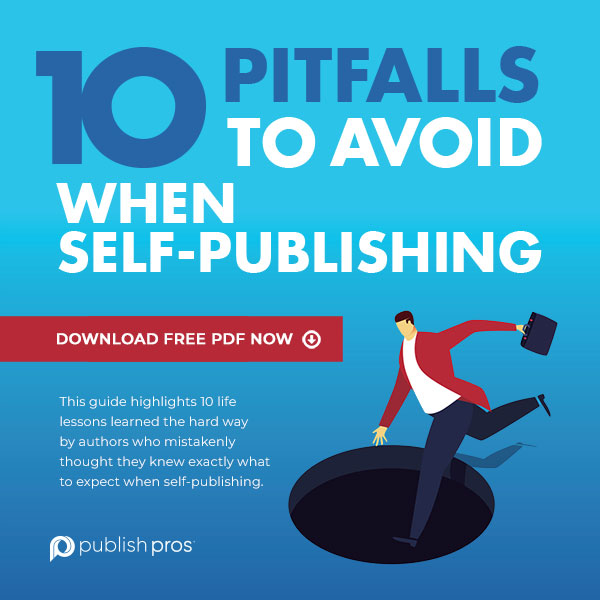
Should Your Book Have a Prologue?
This is one of the great debates of writers and readers alike: Should a book have a prologue? Some believe prologues detract from the story and just serve as a boring prerequisite before the action begins. Others like having an intro with additional character background and scene information before the story starts.
What is a book prologue?
A book prologue is basically a short glimpse into your book’s “world” before chapter one begins. This can be a brief description of an event that ties into your book, a letter between two characters, a character’s diary entry—the list goes on. It basically serves as a way to draw readers in and make them excited about reading the rest of the story, while also providing them with some information pertaining to the book.
Dos and Don’ts of Prologues
- Do use your prologue as a way to engage readers. After reading your prologue, readers should be excited and interested in reading the rest of your book. They shouldn’t lose interest halfway through the prologue because it’s boring and poorly written. Make sure your prologue adds value to your book and hooks your readers right away, without confusing them.
- Don’t use your prologue as a way to relay large amounts of information. As mentioned above, your prologue should be engaging. If you wrote it simply to provide readers with paragraphs of character background or facts about your story’s setting, readers will immediately zone out. Information like this should be embedded in your story through dialogue and action, not presented in big blocks of text before your book even starts.
- Do write a prologue if it adds clarity to your story. If you need to give the reader information that can’t be added to another part of your book, then write a prologue. This can be a great way to relay information without throwing the reader off while they read the rest of your book.
- Don’t write an overly-long prologue. Prologues should be short and sweet. Most prologues are just a couple pages, hooking the reader while providing valuable information. If your prologue is longer than your chapters, you probably need to shorten it.
- Do write a book prologue if the story needs it to make sense. If you take it out, does your story lose clarity or confuse readers? If so, you should keep your prologue, since it adds obvious value to your book. If you can take it out without it detracting from the book, reevaluate if you need to include it.
All in all, there are benefits and downsides to including a prologue, and you as the author need to determine if your book needs one or not. If you would like to discuss this and other self-publishing tips with a professional, contact PublishPros today! We can help with every step of your self-publishing journey.




